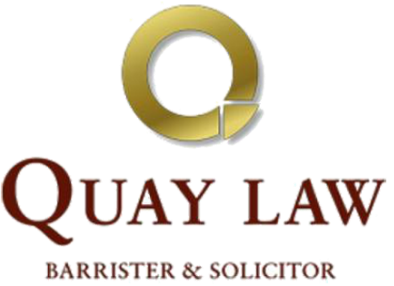Commonly Used Terms in Real Estate
When entering the world of real estate, the complex legal jargon can be overwhelming, which sets the foundation for conveyancing conversations. For those unfamiliar with the real estate industry, it is essential that you have a basic understanding of these terms. Whether you are buying or selling a property, these terms will come up at some point.
In this article , we will go over the common terms in New Zealand real estate. By understanding these concepts, you can achieve greater success when it comes to dealing with your home.
Agreement for Sale and Purchase
Sale and purchase agreements are legally binding documents that are between you and the other party involved in either buying or selling the property. It sets the terms and conditions of the sale.

LIM Report
Land Information Memorandum (LIM) are local council reports. They outline zoning restrictions surrounding the land on your property. It also includes details about the property’s building consents, potential hazards, and other relevant information.
Title
A title is a legal document that represents the ownership of a property or asset. It contains important information such as the property’s boundaries, encumbrances, and any registered interests, such as mortgages or easements.
Freehold
A freehold essentially refers to the indefinite ownership of a property. It is defined by an indefinite duration, wherein the freeholder can do as they please with the property. In essence, you own the land and anything built on the land (unless there are registered or unregistered interests).
Conveyancing
A common legal term, conveyancing involves overseeing the transaction of a property or asset in terms of its legal elements. This involves reviewing contracts, conducting property searches, conducting due diligence, and other activities to finalise the settlement.
Deposit
A deposit is a proportion of the final price that is paid by the buyer to the seller as a form of commitment. The deposit is generally held in a third-party account until the settlement date. It is negotiable but is typically 10–20% in New Zealand.
Settlement
This is the final stage in the property transaction and involves transferring ownership to the buyer. It generally consists of an exchange of funds, documents, and the registration of the owner. When dealing with a settlement, you need the services of a good conveyancing lawyer in order to ensure a smooth transition of ownership.
Caveat
This is a legal notice registered on the property to protect a person’s interest in the property. By establishing an individual’s interest, it prevents the property from being sold without the knowledge of the caveat. It is a common process when there is a dispute over ownership, or when there is a mutual interest in the property.
These are just some of the most common terms in New Zealand’s real estate industry. To learn more about each term specifically, contact Quay Law at 09 523 2408






